Event Recap: The Rise of Women’s Sports and the Power of Community
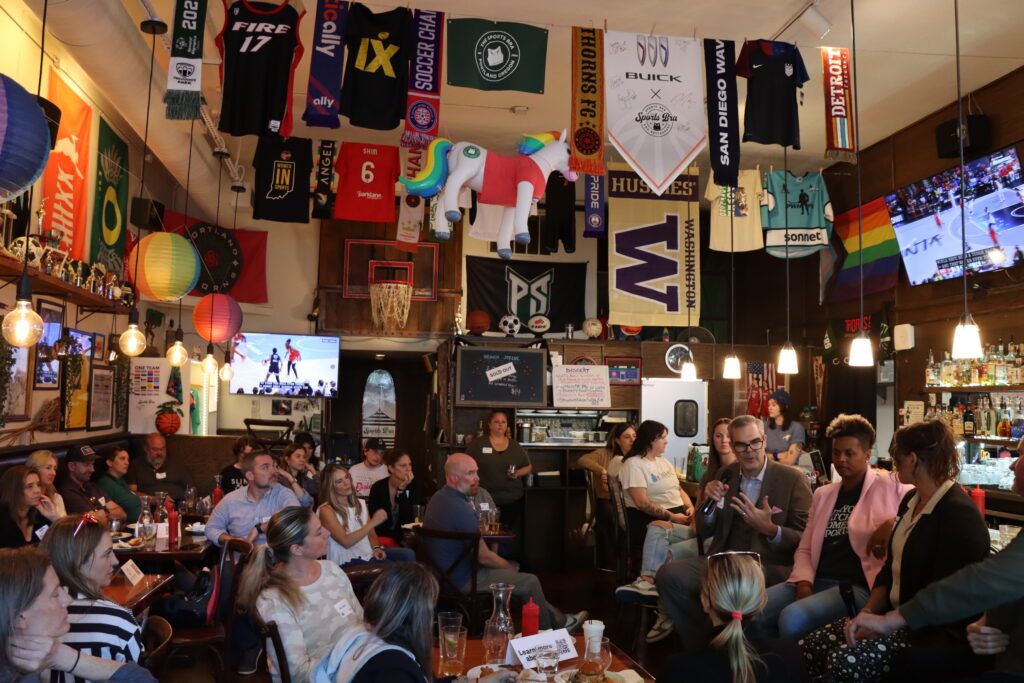
Women’s sports are experiencing a powerful resurgence, driven by passionate athletes, visionary leadership, and the unwavering support of fans and communities.
Portland is a microcosm of excellence, and Thorns FC is consistently considered one of the world’s best soccer experiences. Up north, the Seattle Storm is a consistently strong draw and a model WNBA franchise.
Back here in Portland, this community craves more. NCAA Women’s tournament basketball was a great start, but this is a market that was previously a WNBA home. Portland deservedly fashions itself at the vanguard of progress—it’s the home of the world’s first women’s sports bar, The Sports Bra—and has some strong opinions about what should be next.
The pioneering venue served as a delightful backdrop featuring key industry figures discussing the current state and future of women’s sports, focusing on investment, inclusion, and growth.
Moderated by Adweek’s Jason Notte, Karina LeBlanc (Portland Thorns FC operations GM), Missy Capone (long-time global sports marketer and investor), and Josh Lyons (KeyBank market president) shared how we can all play a role in advancing women’s sports.
Building an Ecosystem of Support
The Role of Investment and Marketing: Companies like Ally and State Farm set a new standard in their commitment to women’s sports. For example, Andrea Brimmer at Ally has been instrumental in the brand’s 50/50 pledge, ensuring that half its marketing budget is dedicated to women’s sports each year. Meanwhile, Kristen Cook from State Farm, a former Syracuse basketball player, has used her firsthand experience to develop impactful marketing campaigns featuring notable athletes such as Caitlin Clark. Their investments have created much-needed visibility and opened up opportunities for women’s sports to grow.
LeBlanc emphasized that these investments are about recognizing value and generating returns. “We’re at a moment now where it’s not just the right thing to do; it’s also a smart business decision,” she explained. Brands are beginning to see alignment between their values and the growing popularity of women’s sports, understanding that this market is both passionate and underserved.
Increasing Access and Visibility: The NWSL’s recent $280 million media deal with Ion, ESPN, Paramount Plus, and CBS is a game changer, ensuring that matches are broadcast regularly, increasing visibility, and allowing new fans to discover the sport. For LeBlanc, the significance of this is clear: “Access to the game is access to all.” Seeing women athletes on TV inspires young fans to believe they, too, can aspire to greatness. This visibility is crucial in building the next generation of athletes and fans.
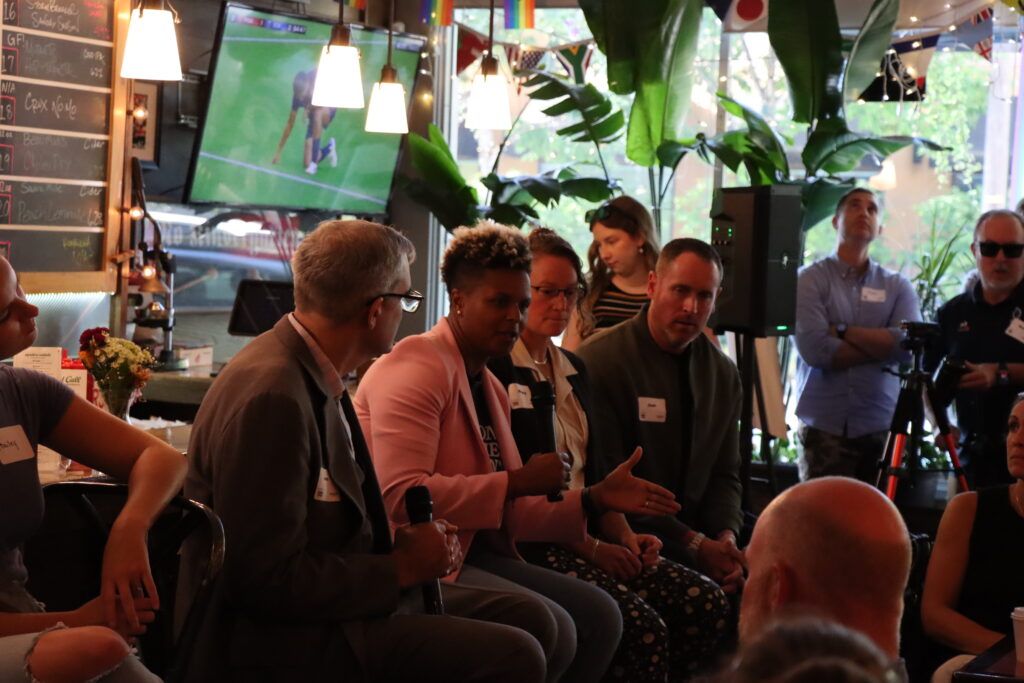
Intersectionality and Inclusivity in Women’s Sports
Women’s sports represent a broader movement for inclusion and equality. The NWSL has taken a firm stance on diversity, equity, and inclusion (DEI), even as other organizations have stepped back from such commitments. LeBlanc highlighted the league’s efforts to ensure that all players, regardless of gender identity or orientation, feel welcomed and supported.
Capone, a former Nike executive turned angel investor, stressed the importance of creating safe environments for athletes to be their authentic selves. She pointed out that, even today, many athletes fear that being openly LGBTQIA+ could affect their careers or sponsorship opportunities. “It’s not just about saying the right things; it’s about providing the right opportunities for expression,” Capone emphasized.
Pioneering Change Through Grassroots Support: Capone has shifted her focus to supporting startups and grassroots efforts that empower athletes from all backgrounds. For her, democratizing access to sports and sports science is crucial. One example is her investment in Femmi, a startup that helps female athletes tailor their training based on their hormonal cycles. Such innovations make elite-level training accessible to everyone, breaking down barriers that have historically limited participation in sports.
Capone also shared her excitement about the unique and inclusive culture of the Pacific Northwest, where purpose-driven individuals and organizations work together to advance women’s sports. “Portland is uniquely positioned as a hub for women’s sports,” she said, noting the city’s role in fostering creative partnerships and nurturing new talent.
The Future of Women’s Sports: Navigating Challenges and Opportunities
While women’s sports are enjoying unprecedented growth, there are still significant challenges to overcome. LeBlanc noted that while women’s sports have proven their popularity, with high attendance numbers and enthusiastic fan engagement, they still struggle to attract the same level of financial investment as men’s sports. “We need to challenge the status quo,” LeBlanc urged. “The numbers are there. The fans are there. Now we need investors to value it the same way they value men’s sports.”
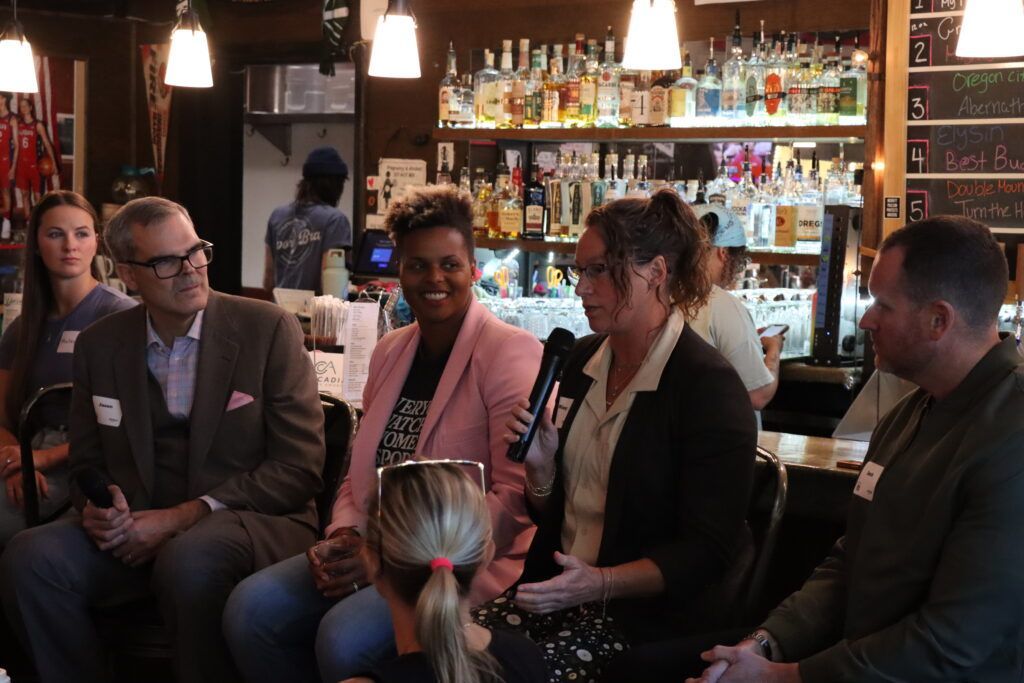
Lyons, President of KeyBank Northwest, reinforced this point by highlighting the need for continued financial support and creative partnerships. KeyBank has not only invested in the Thorns but also created initiatives like the small business pitch contest and community grants to further support women’s sports and local communities. Lyons emphasized that the real work begins after the check is delivered, focusing on fostering meaningful and lasting partnerships.
Positioning Portland as a Center of Excellence for Women’s Sports
Portland is a unique city with a deep commitment to women’s sports, evidenced by the community’s support for teams like the Portland Thorns. LeBlanc noted, “Portland shows up in a way that is different, unique, and personal.” The city’s culture of embracing disruptors and underdogs makes it the perfect place to lead the way in advancing women’s sports.
The recent NCAA Women’s Basketball Sweet 16 and Elite Eight rounds further demonstrated the city’s role as a hub for women’s sports. Local businesses, fans, and community organizations supported the event, showcasing the city’s commitment to elevating women’s sports on a national stage. However, as Notte noted, there remains a gap between the grassroots community support and the official city-level backing. Bridging this gap could further solidify Portland’s status as a leader in women’s sports.
The Power of Community and Brand Alignment: The event at The Sports Bra highlighted a fundamental truth: the future of women’s sports requires a committed community, forward-thinking brands, and inclusive practices that welcome everyone. When brands like Ally, State Farm, and KeyBank step up, they not only promote their values but also help build a sustainable future for women’s sports.
For fans, this means showing up, supporting their favorite teams, and advocating for equality in sports. For brands and investors, it means recognizing women’s sports’ unique value and potential and investing accordingly. As LeBlanc passionately said, “We are leading the way, but we can’t do it alone. We need everyone in this room and beyond to make it happen.”


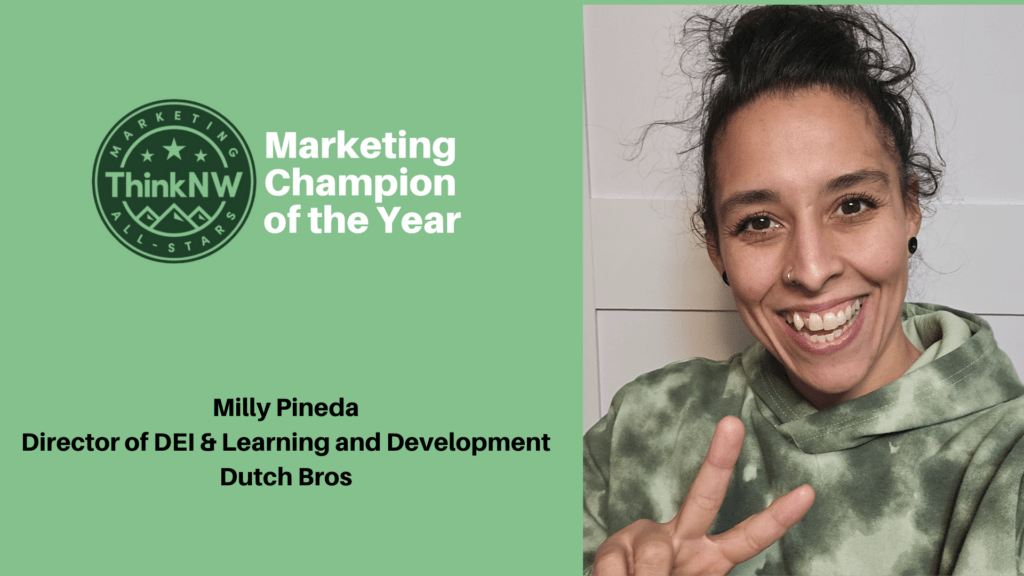

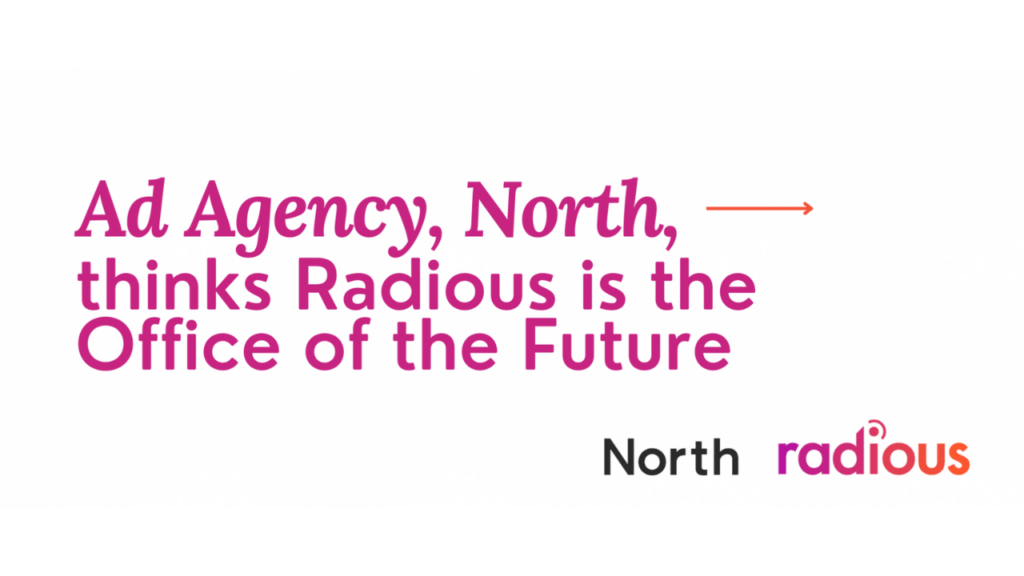
Responses